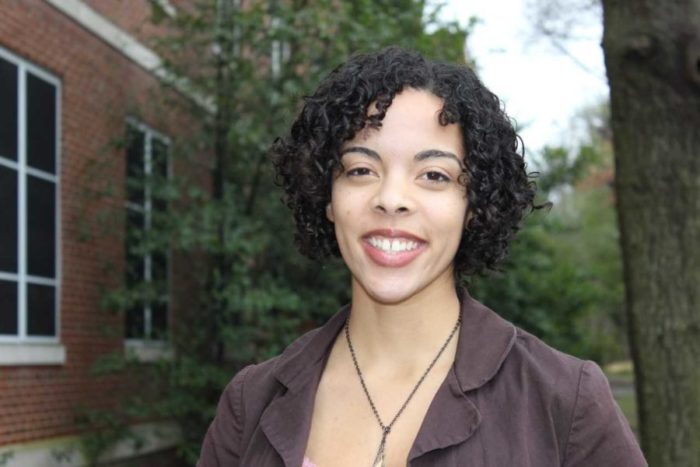
Welcome to CHPIR Sarah Wilson, Ph.D.
Get to know one of CHPIR’s newest faculty members, Sarah Wilson, Ph.D. Dr. Wilson is currently an Assistant Research Professor of Psychology with extensive knowledge and experience in health inequalities work. Here are a few questions we asked to get to know more about Dr. Wilson:
What project(s) are you currently working on?
I am the PI of a VA Career Development Award entitled “A personalized mHealth approach to smoking cessation for veterans living with HIV.” This is a 5-year grant that focuses on formative work, treatment development, and testing of a patient-informed smoking cessation intervention for veterans living with HIV. This population is at heightened risk for daily smoking, and consequent poor health outcomes (i.e., tobacco-related cancer and myocardial infarction).
What are your areas of expertise?
My research focuses on strategies for implementing mental health and substance use disorder treatment for at-risk populations, including the use of mobile health and telehealth to address barriers to treatment access and implementation. I also have a research background in sociocultural determinants of health and health disparities, as well as some past research experience in global mental health.
How did you get into health inequalities work?
My interest in health inequalities has grown out of my early interest in writing about cultural events with complex racial and gender dynamics. As an undergraduate at Stanford University, I became fascinated by cultural expressions of racial tension in the South. I majored in Drama and wrote an honors thesis about gender, race, blackface, and performance during desegregation in North Carolina. After college, I began working as a research assistant in a psychology lab, and I realized that all of the experience that I had studying race and gender in performance had relevance to psychological and behavioral health research. Since that time, my knowledge and interest in health inequity have grown.
What opportunity to change the course of health do you think holds a lot of promise?
I have two (borrowed) sayings: “no health without mental health” and “no health equity without social equity.” When I was working as a psychology research assistant, a light bulb went off for me: The connection between social inequity, traumatic stress, and poor health is incredibly strong. At the time, I was working daily with people with PTSD who smoked. So many of the people that I met had struggled financially their entire lives and had first experienced traumatic stress at a young age. Since that time, I have found out more about intergenerational trauma, the power of adverse childhood experiences, and intergenerational cycles of violence. These things are all influenced by sociocultural inequity.